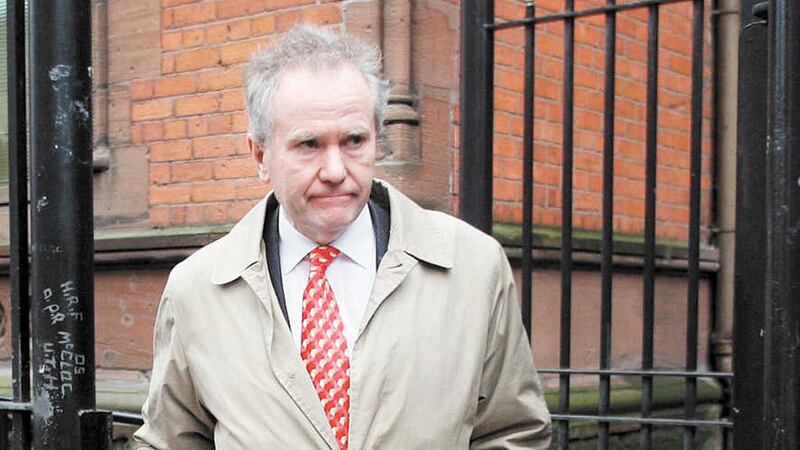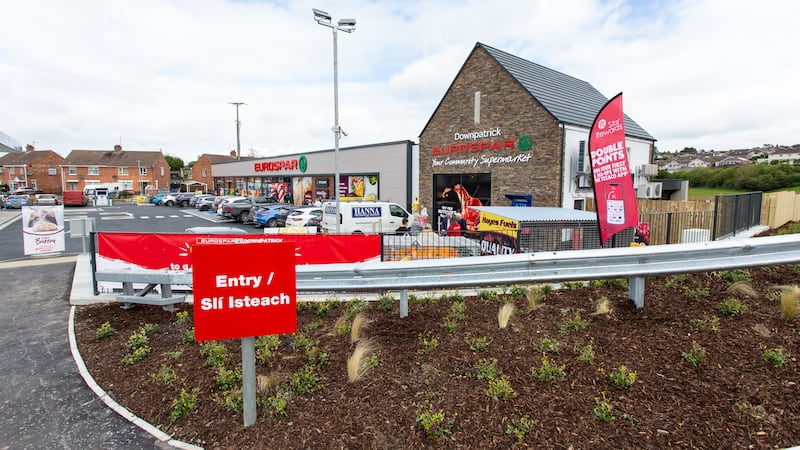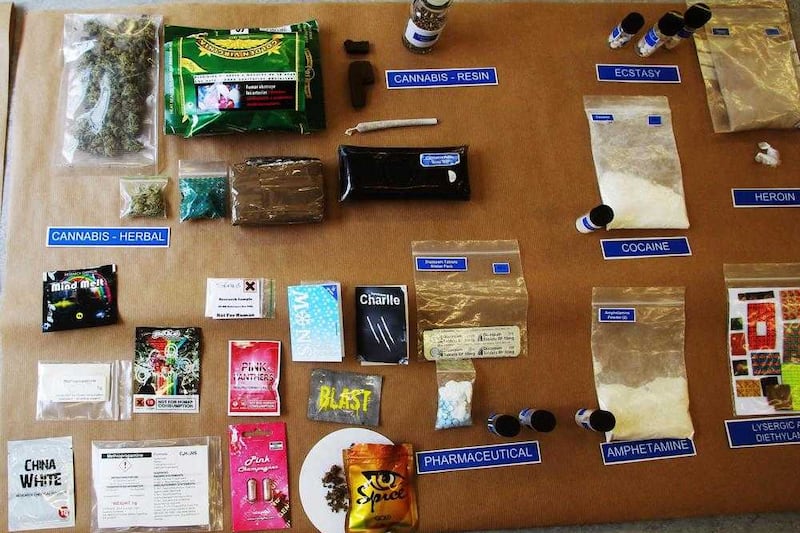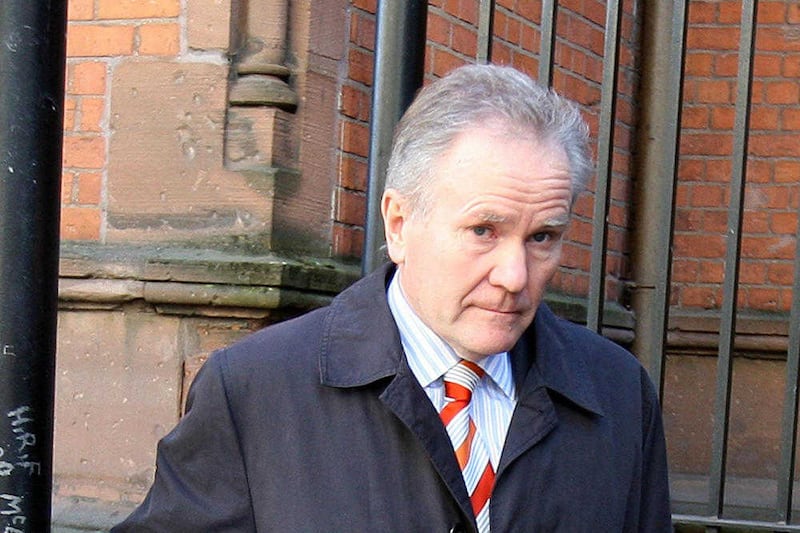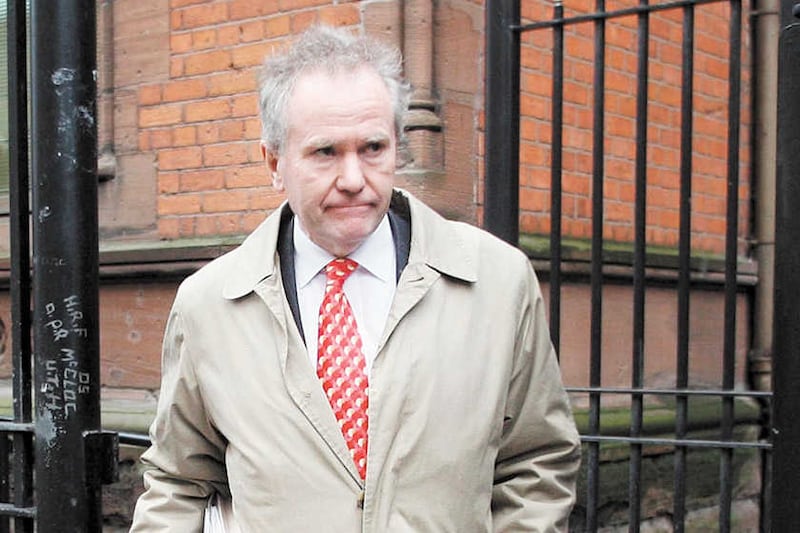There could be no full-time coroner in the north for up to two months.
With senior coroner John Leckey retiring next month while two others are on sick leave, serious concerns have been raised about a potential log jam impacting on long-running legacy cases.
Solicitor Padraig O Muirigh, who represents the families of a number of people killed in disputed circumstances during the Troubles, said: "This is an urgent issue and needs to be addressed."
The matter was raised during a preliminary inquest for Catholic teenager Marian Brown who was gunned down on a Belfast street minutes after kissing her boyfriend goodnight in 1972.
Mr Leckey, 66, has been investigating deaths since 1984. He is due to step down on October 31.
The coroner said although it perplexes him daily: "The solution to the problem does not lie with me."
There are currently 53 legacy cases relating to 86 deaths.
They include the murder of 10 protestant workmen at Kingsmill in 1976, the shooting of 10 people in Ballymurphy in 1971 and the killing of GAA official Sean Brown 18 years ago.
Alan Black, the sole survivor of the Kingsmill attack, has threatened to take legal action over the failure to appoint a new coroner.
In May, Justice Minister David Ford announced plans to utilise county court judges to act as coroners.
The move was proposed as part of the 2013 Stormont House Agreement to alleviate pressure on the coroner system but concrete plans have been unconfirmed.
An advertisement seeking a new coroner is expected to go out on September 10.
But, Mr Leckey said: "The successful applicant is unlikely to be in post before Easter."
Mr O Muirigh told the court he was also "seriously concerned" the Department of Justice had not signalled an intention to replace a coroner due to take two-months sick leave later this year.
"It is of great concern to my clients," he said.
The killing of Marian Brown in Roden Street in June 1972 was first blamed on republican and then loyalist gunmen.
An Army patrol was in the area at the time and soldiers claimed they had exchanged fire with a gunman in a car. But other witnesses have disputed this account.
An inquest held in the wake of the West Belfast teen's death heard post mortem evidence that the bullet which killed her was likely fired from a Thompson sub-machine gun - a weapon often used by paramilitaries in the 1970s.
But Northern Ireland's Attorney General John Larkin ordered a new inquest after the police's Historical Enquiries Team (HET) re-assessed the case.
Mr O Muirigh told the court he was hopeful an appeal to trace two key witnesses would prove successful.
